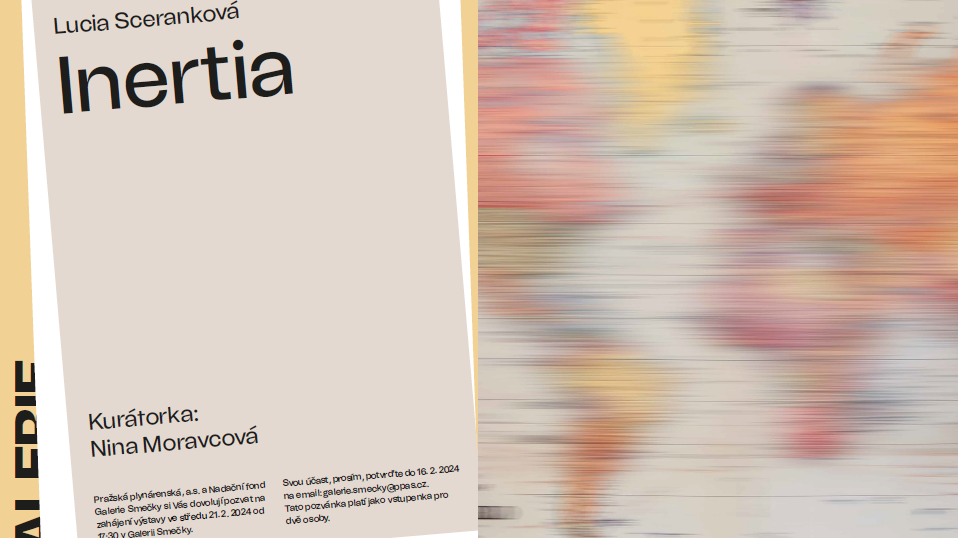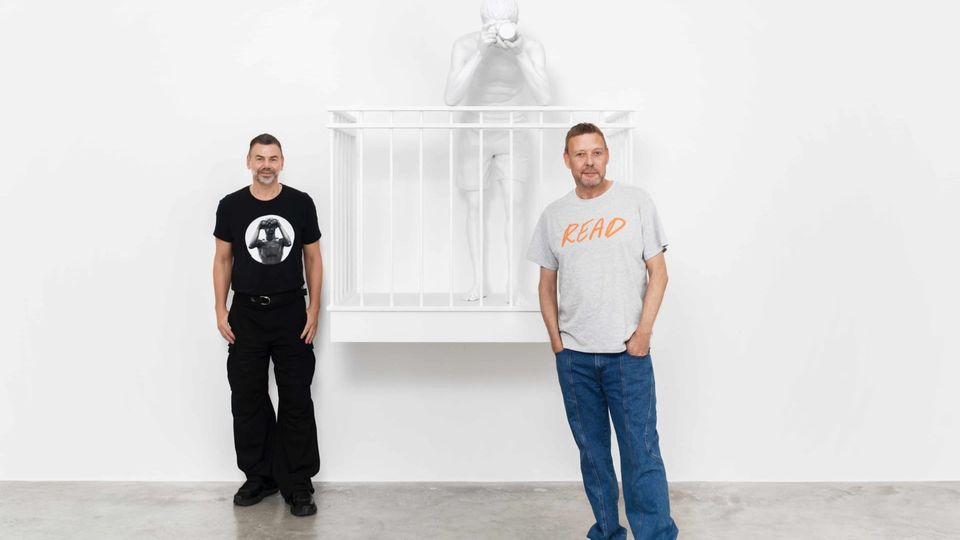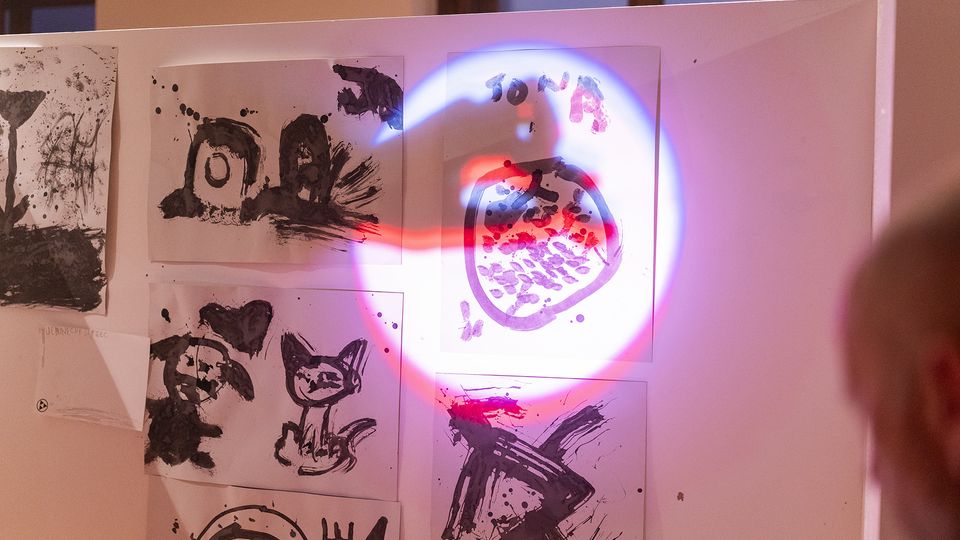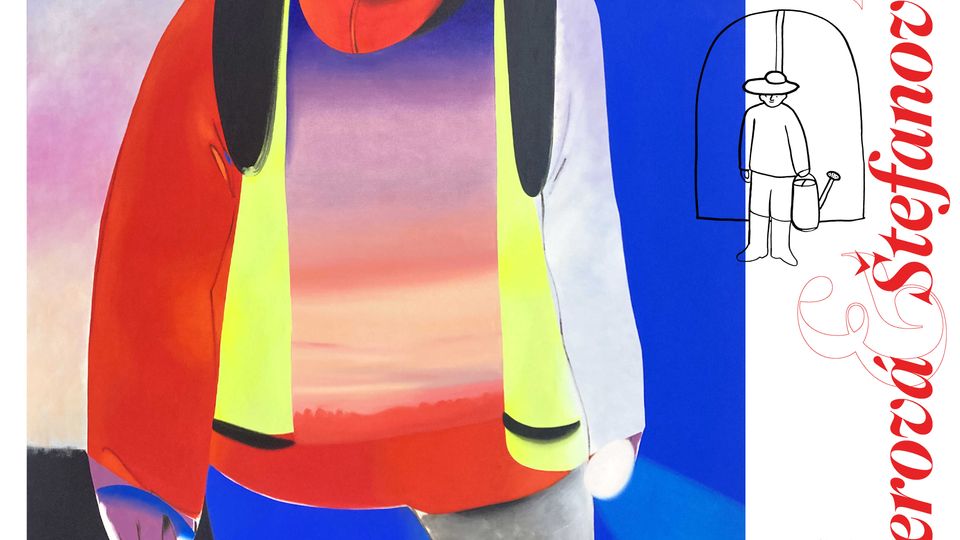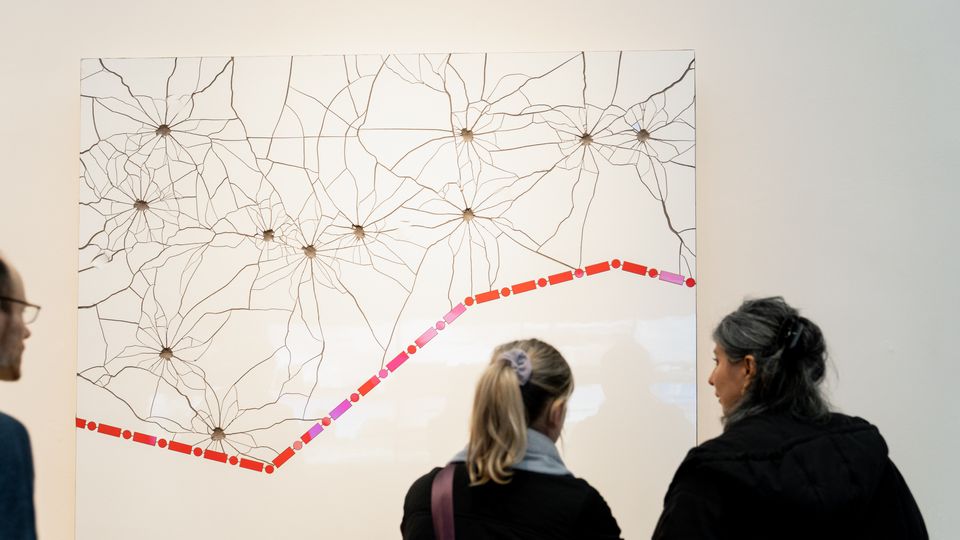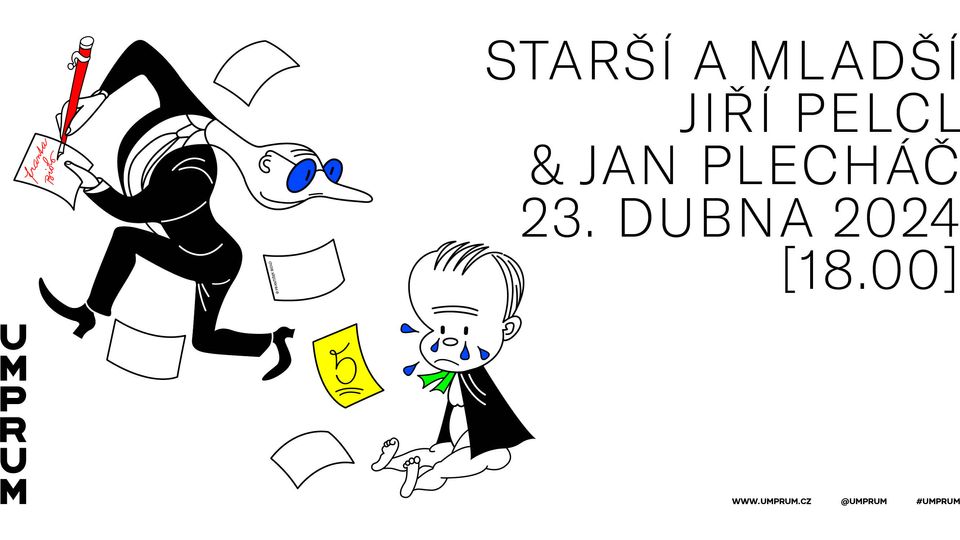Andrej Škufca – Black Market / Zero Hedge
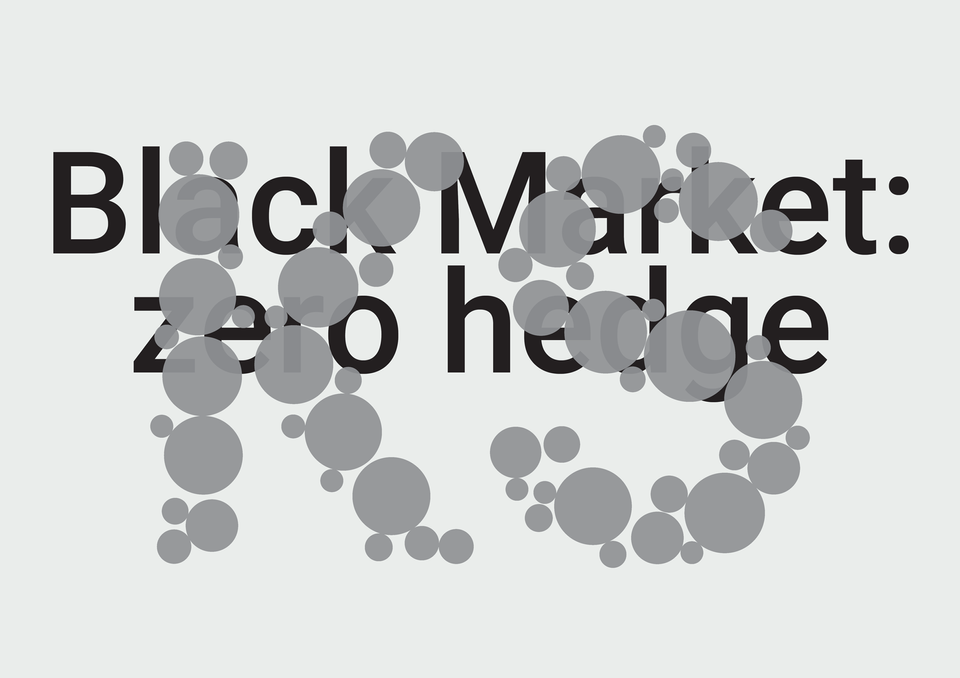
We are proud to present Black Market – Zero Hedge which embodies the concept of a fully automated future. Designed with decentralized IOT networks in mind, which are churning the impossible tasks, and imbued with the spirit of the most sophisticated parametric design, this is a highly integrated, self-developing system of differentiated parts enmeshed in circuits and informed by flows beyond our capacities of comprehension. Automated landscapes that reveal the operations of even our most handy smart devices as human exclusion zones; keeping things running in the depths of oil wells, on the sea bed, in the walls of our cities, and in the exosphere, massive amounts of M2M communication are bypassing binocular-visioned hominids populating the earth’s surface as they look at images on screens. The more technology resembles ecology (nothing natural and nothing cultural here) and becomes integrated into complex systems of planetary computation, the more invisible its operations become to us.
If before encountering otherness we already know what its relation to us will be, we have obliterated it in advance. Thus, we leave you here with a germinating structure possessing transient qualities and growing effects; its individual links and the quality of their interconnections are engendered by computer-enabled design and, finally, materially treated the same way auto body parts are, as in automotive paint, petroleum jelly, silicone. This anonymous technology with yet unknown applications hijacks the logic of the exhibition format so dear to contemporary art – a format historically instrumental for creating the subjectivities needed for modern consumer economies – to perform its hyperstitional sorcery, exorcising the last anthropomorphic or/and anthropocentric remnants from technological design. Technological innovation has always overhauled its own function. It is as if the driverless autonomous vehicle has been crafting itself into existence already and ever since the human driver has been becoming obsolete, already “when required to use muscle to operate the trireme ” (A. Leroi-Gourhan). The tendency of technology to bypass and exceed its instrumentality (for humankind) has pervaded and motivated a history of attempts at stopping the machines or merging with them – both wanting to keep their hands on the wheel (or at least remain inside the cockpit of a self-driving car) and steer the development of technology towards human-oriented goals and applications. Black Market : Zero Hedge takes neither a techno-optimist nor techno-pessimist position, giving in to neither utopian nor dystopian visions of the future. If it points towards integration, we will not enter any future techno-ecological circuits in our present (physical, cognitive, social) form. If it proposes technologically driven emancipation, it is the emancipation of the technologies themselves. Black Market – Zero Hedge also reconfigures (or perhaps automates) the avant-garde’s wager on the transformative potential of new technologies; nothing human makes it out of the future synthetic zero anticipates.
Anticipation here unfolds on the visually-material level, luring the viewer with attention centers trained on sleek images of the digital economy in a visual engineering situation: “Here, the visual is a placeholder for the not-yet-defined intensified field of activity that will emerge in art’s place. / Now art no longer merely interprets the operations of greatest importance – it joins them. Space exploration. The planning of military invasions. The mutation of neuron connections. Transnational covert operations. Corporate structure and hostile takeover consulting. Hedge funds. Research on quantum computers. Processes of self-learning AI. Spaces between words.”
opening: 13. 11. 18:00
exhibition till the 1st of December 2019
curator: Caroline Krzyszton
text: Tjaša Pogačar

